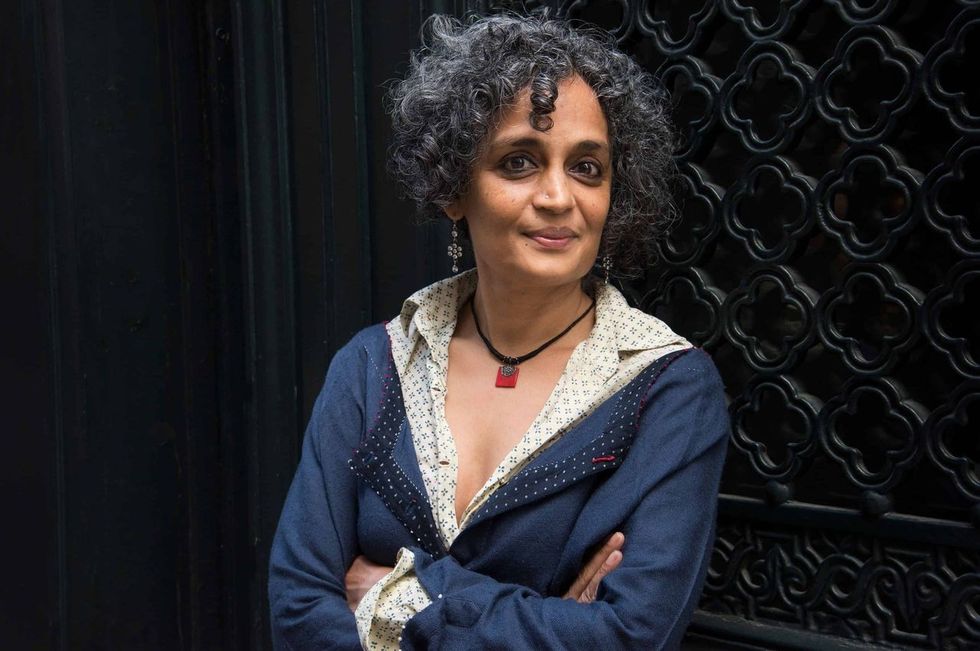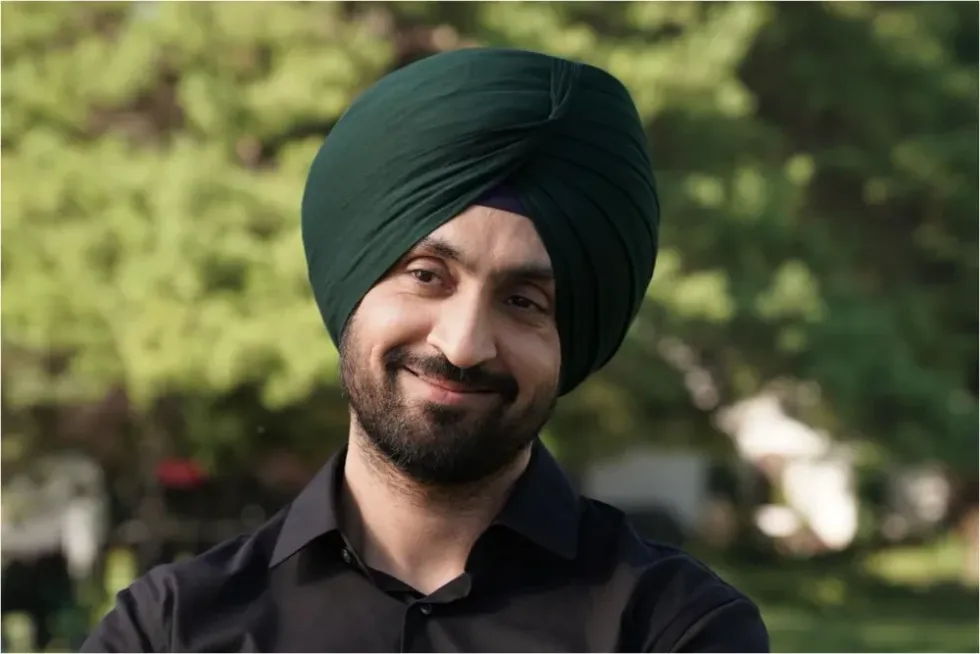By Amit Roy
THE BBC reports that the proportion of Pakistanis aged 80 and over refusing to take the vaccine in Bradford is 23 per cent.
They are a danger not only to themselves, but to other members of their own families, as well as the NHS and the rest of society.
That figure compares with 14.9 per cent for Bangladeshis; 9.2 per cent for black Britons; six per cent for Indians; and three per cent for white British.
One doctor and epidemiologist who has been keeping a diary for the BBC is Prof John Wright. He is head of the Bradford Institute for Health Research and a veteran of cholera, HIV and Ebola epidemics in sub-Saharan Africa.
He has recorded the experiences of Tom Ratcliffe, a GP in Keighley, north-west of Bradford, who has pointed out that “there’s a risk that Covid will remain endemic in pockets of the population where there is a low uptake of vaccination. Nearly a fifth of the population of the area covered by the Bradford District and Craven Clinical Commissioning Group (which provided the data about vaccine refusal) falls into the Pakistani/British Pakistani category, and it’s a group that has been more vulnerable to the virus than some others.”
“This is a population at high risk and yet also at high risk of not being vaccinated,” according to Ratcliffe. “In multi-generation households we find that everyone needs to reach consensus. In our Pakistani communities, we have to try and persuade key people in those family networks. We need to gain the trust in families and we hope that the clinics in the mosque will help with that.”
The BBC diary quoted Abdul Majid, a science graduate, whose father, Abdul Saboor, has been in intensive care since October. “He says a great variety of conspiracy theories are swirling around, generating much discussion in Bradford’s Pakistani community. Some are saying they will have the vaccination, others that they won’t.
“At this present time I’m scared to take the vaccine,” Majid says. “So, you know, I’m just waiting to see what reaction people get.”
Indeed, what can be done to encourage more British Asians to take the vaccine other than asking nicely? The take-up seems lowest among Pakistanis, but a Hindu Punjabi friend tells me: “My mother, who is 82, is resisting taking the vaccine, not because of any conspiracy theories, but just a bad experience with the flu jab a few years ago – and stubbornness!”
Meanwhile, home secretary Priti Patel visited the BAPS Swaminarayan Mandir in Neasden, north London, which has set up a vaccination centre at its associated school opposite the temple.
“I’ve met everybody – from healthcare professionals to representatives of the NHS and the army as well as members of the public – who have come to the centre to be vaccinated,” she said.
“And I just wanted to say thank you to all, and, in particular, the volunteers, who have made this national effort possible. It is a heroic effort that is saving lives. It will save your life when you have the vaccine and it will save the lives of other people, too.”
It seems totally crazy that people at greatest risk of dying from Covid are the ones with the greatest resolve not to have the life-saving vaccines. It doesn’t make any sense.
Which brings me to the question: “When should the lockdown be eased?”
It’s true many Asian businesses, especially in the hospitality, catering and travel sectors, have been devastated by the pandemic. Some right-wing groups are misusing statistics to put pressure on the prime minister. “Look, the infection rate is plummeting,” they say.
From 60,000 to 20,000 cases a day is indeed a steep fall, but 20,000 is still a huge figure. The downward trend is a relief, but loosening the lockdown too soon risks many more deaths – especially among those who have refused to take the vaccine – and a fourth lockdown. To state the obvious, a business can be rebuilt but a life, once lost, is lost for ever.
An English friend, whose wife is Indian, told me: “My wife and daughters are good, although Covid has taken a dreadful toll among my wife’s aunts and uncles. She has lost five of them.”





 LONDON, ENGLAND - JUNE 22: Baroness Floella Benjamin speaks during the unveiling of the National Windrush Monument at Waterloo Station on June 22, 2022 in London, England. The photograph in the background is by Howard Grey. (Photo by John Sibley - WPA Pool/Getty Images)
LONDON, ENGLAND - JUNE 22: Baroness Floella Benjamin speaks during the unveiling of the National Windrush Monument at Waterloo Station on June 22, 2022 in London, England. The photograph in the background is by Howard Grey. (Photo by John Sibley - WPA Pool/Getty Images)









 Ed Sheeran and Arijit Singh
Ed Sheeran and Arijit Singh Aziz Ansari’s Hollywood comedy ‘Good Fortune’
Aziz Ansari’s Hollywood comedy ‘Good Fortune’ Punjabi cinema’s power-packed star cast returns in ‘Sarbala Ji’
Punjabi cinema’s power-packed star cast returns in ‘Sarbala Ji’ Mahira Khan
Mahira Khan ‘Housefull 5’ proves Bollywood is trolling its own audience
‘Housefull 5’ proves Bollywood is trolling its own audience Brilliant indie film ‘Chidiya’
Brilliant indie film ‘Chidiya’  John Abraham
John Abraham Hina Khan and her long-term partner Rocky Jaiswal
Hina Khan and her long-term partner Rocky Jaiswal  Shanaya Kapoor's troubled debut
Shanaya Kapoor's troubled debut Sana Yousuf
Sana Yousuf



 Shraddha Jain
Shraddha Jain Arundhati Roy
Arundhati Roy William Dalrymple and Onjali Q Rauf
William Dalrymple and Onjali Q Rauf Ravie Dubey and Sargun Mehta
Ravie Dubey and Sargun Mehta Money Back Guarantee
Money Back Guarantee Homebound
Homebound Guru Dutt in Chaudhvin Ka Chand
Guru Dutt in Chaudhvin Ka Chand Sarita Choudhury
Sarita Choudhury Detective Sherdi
Detective Sherdi